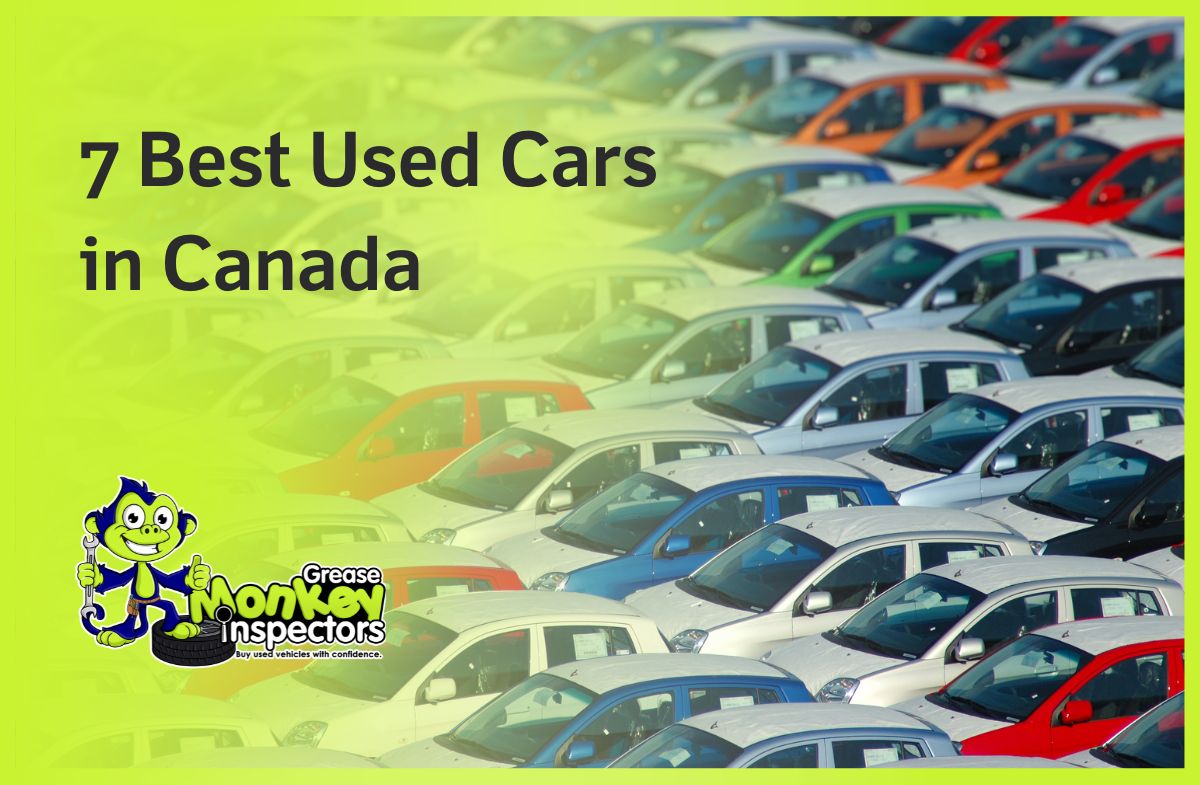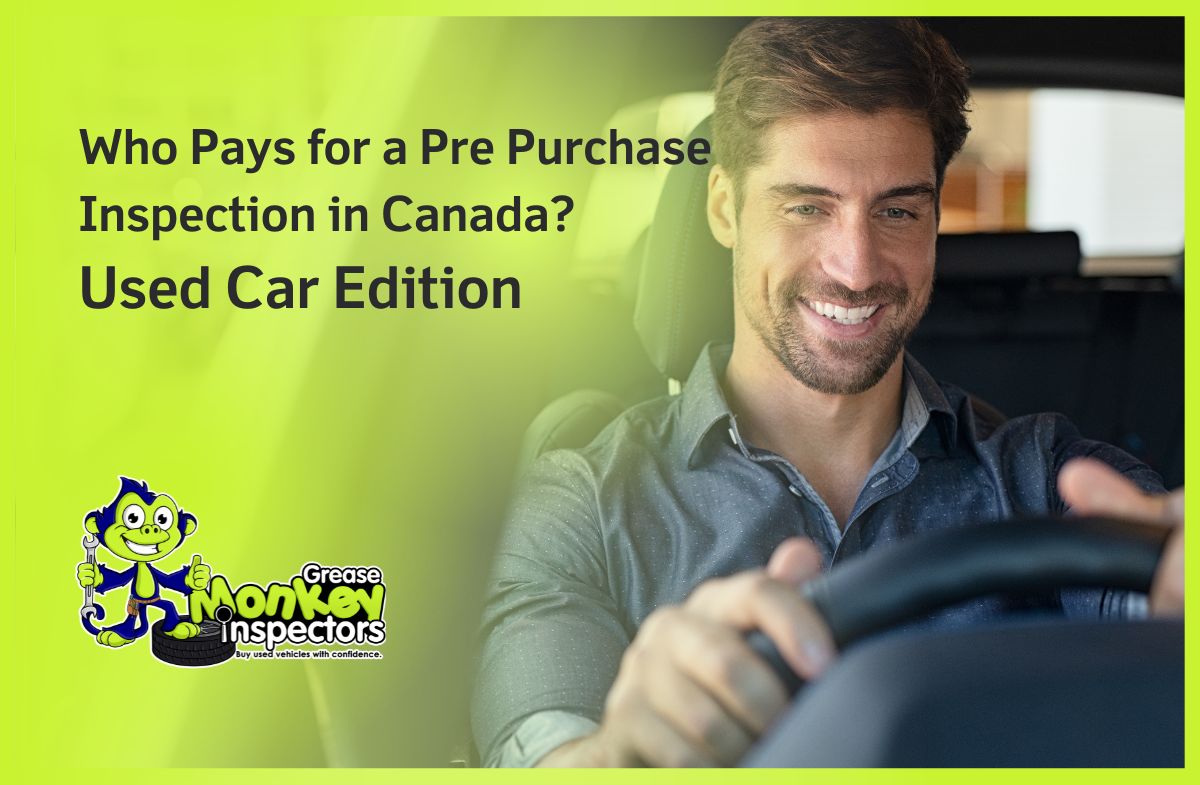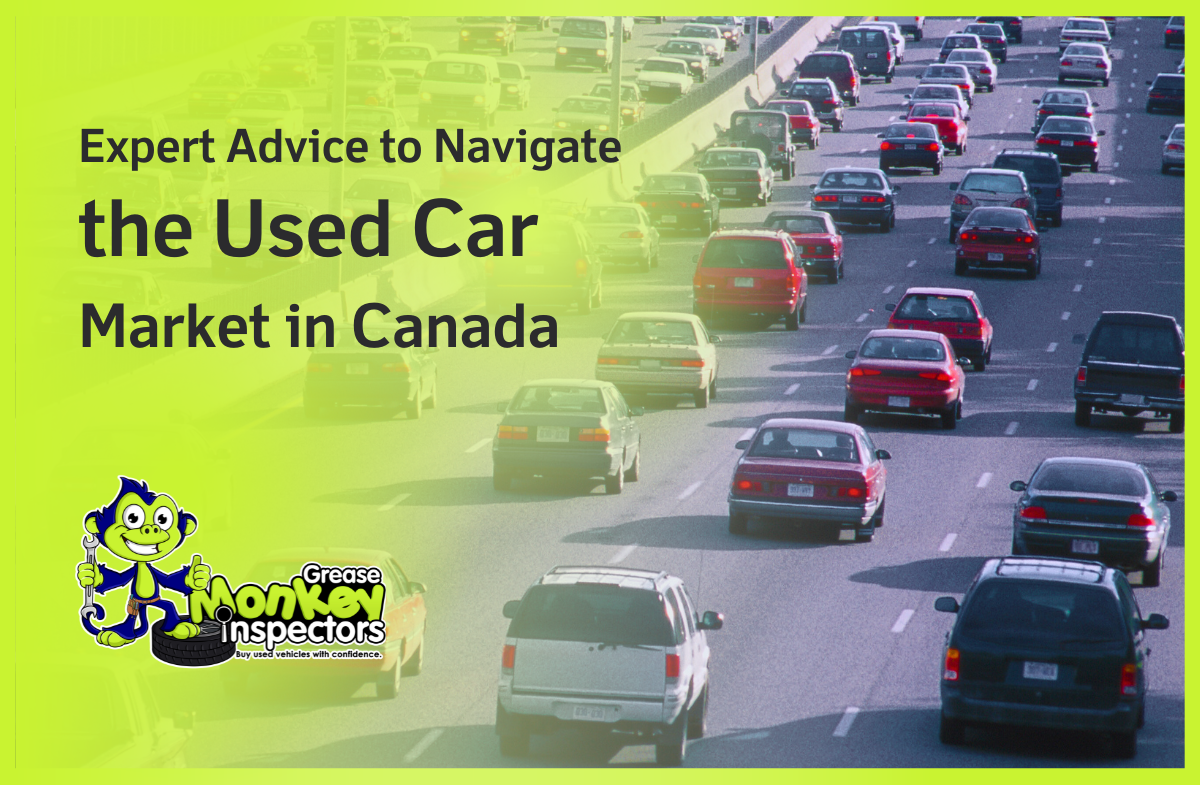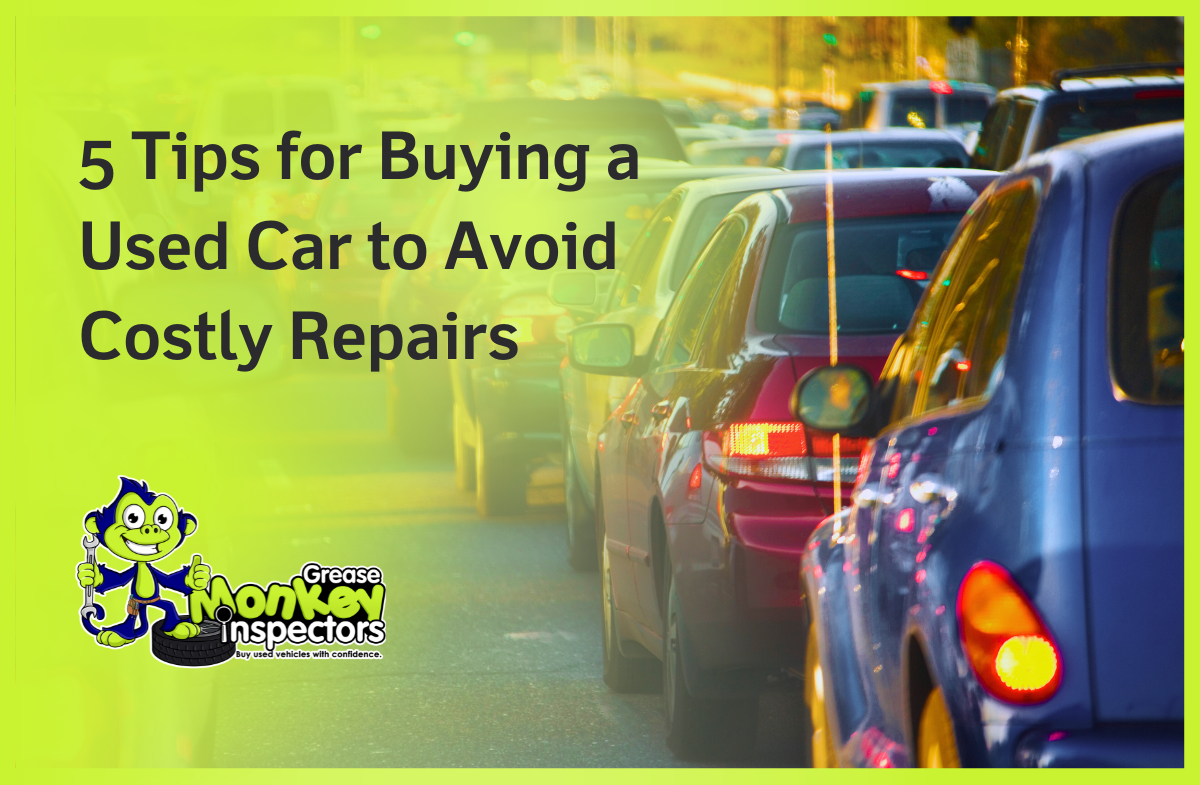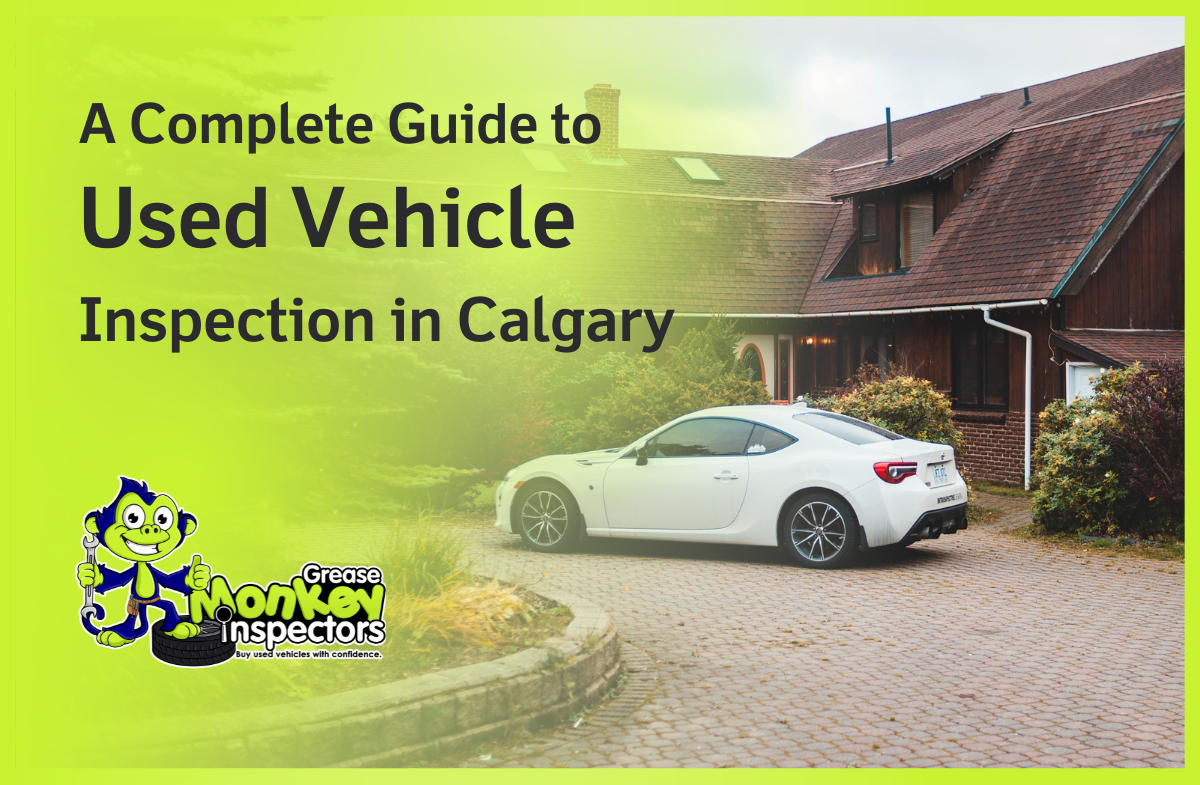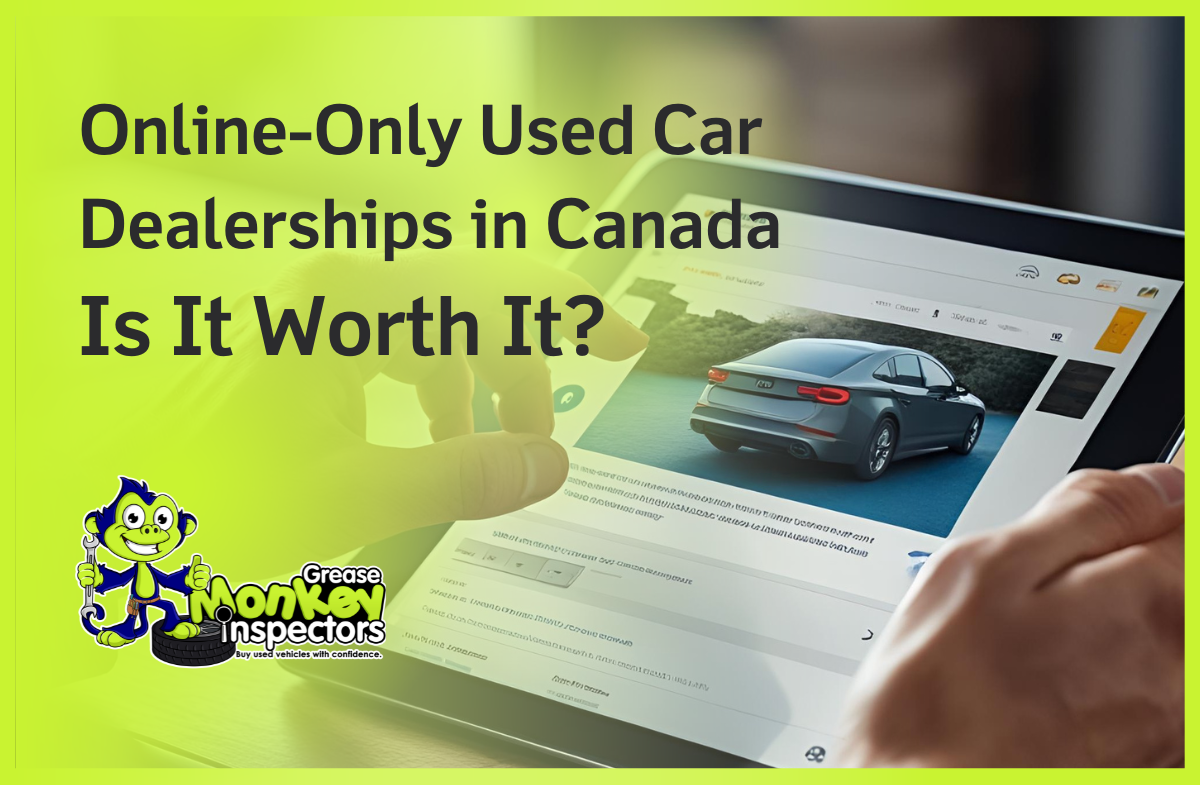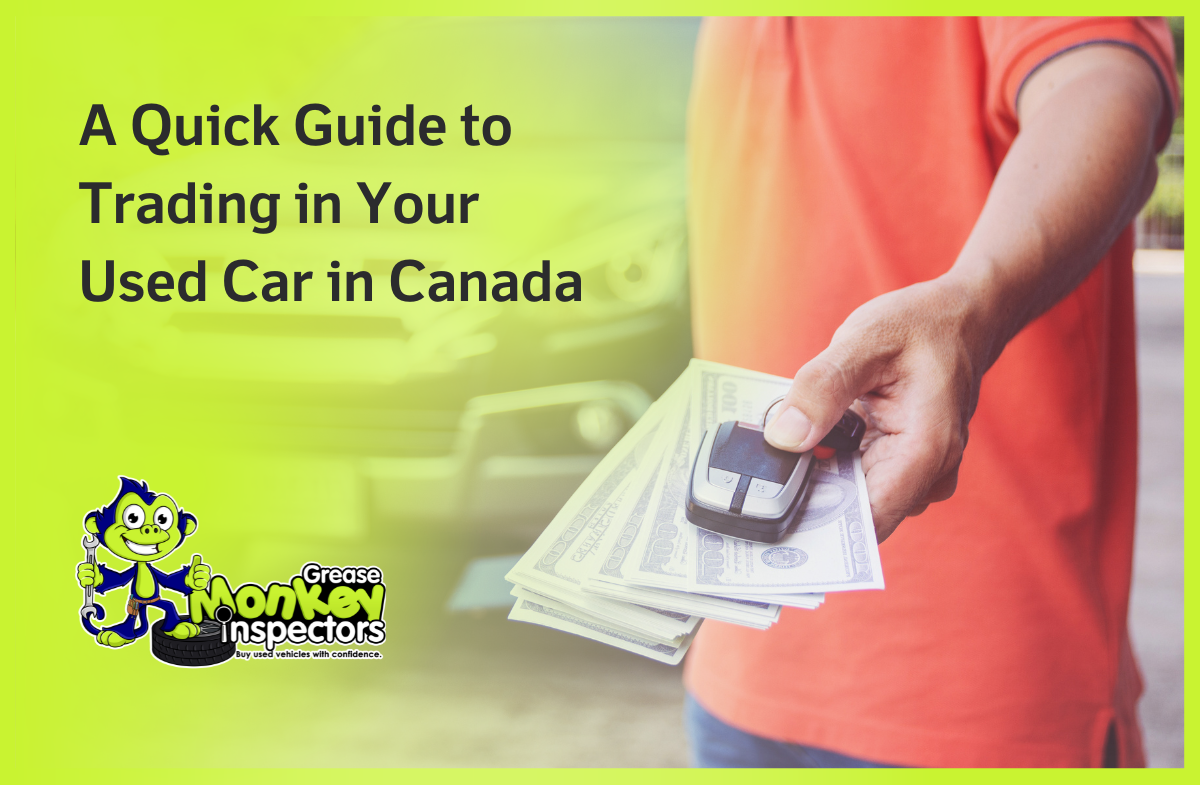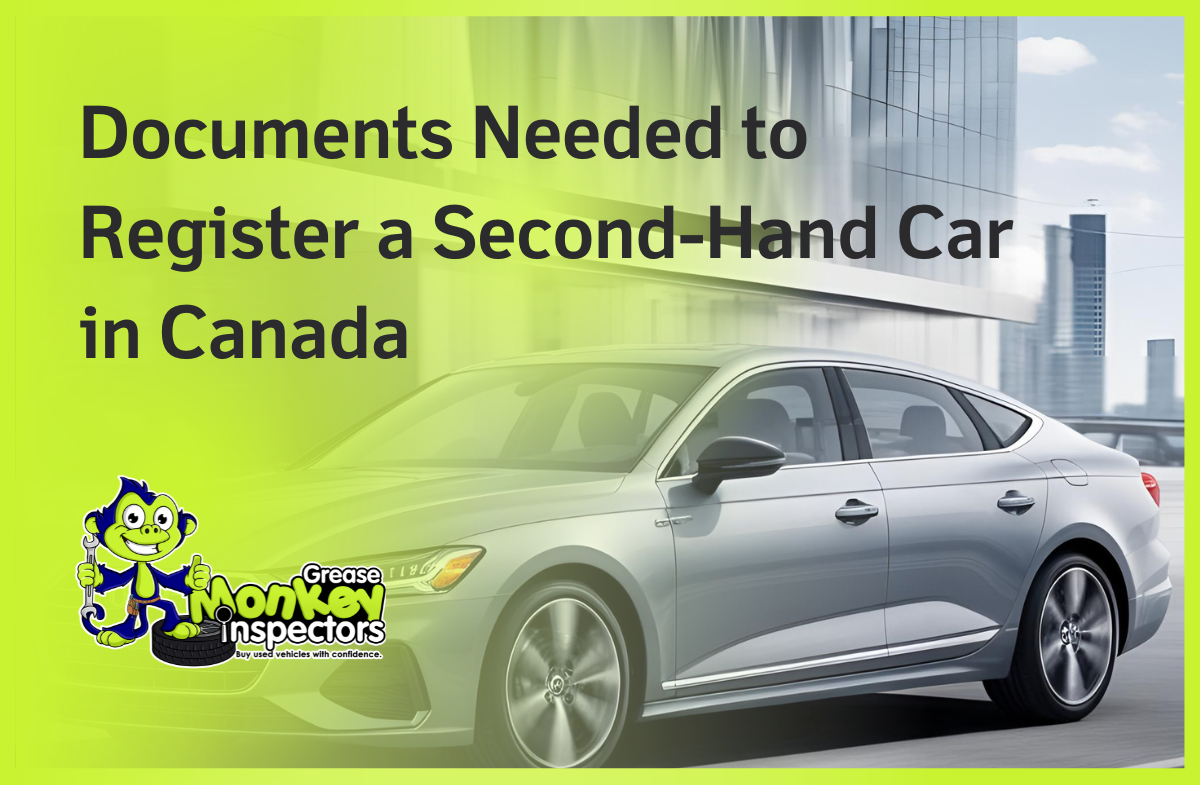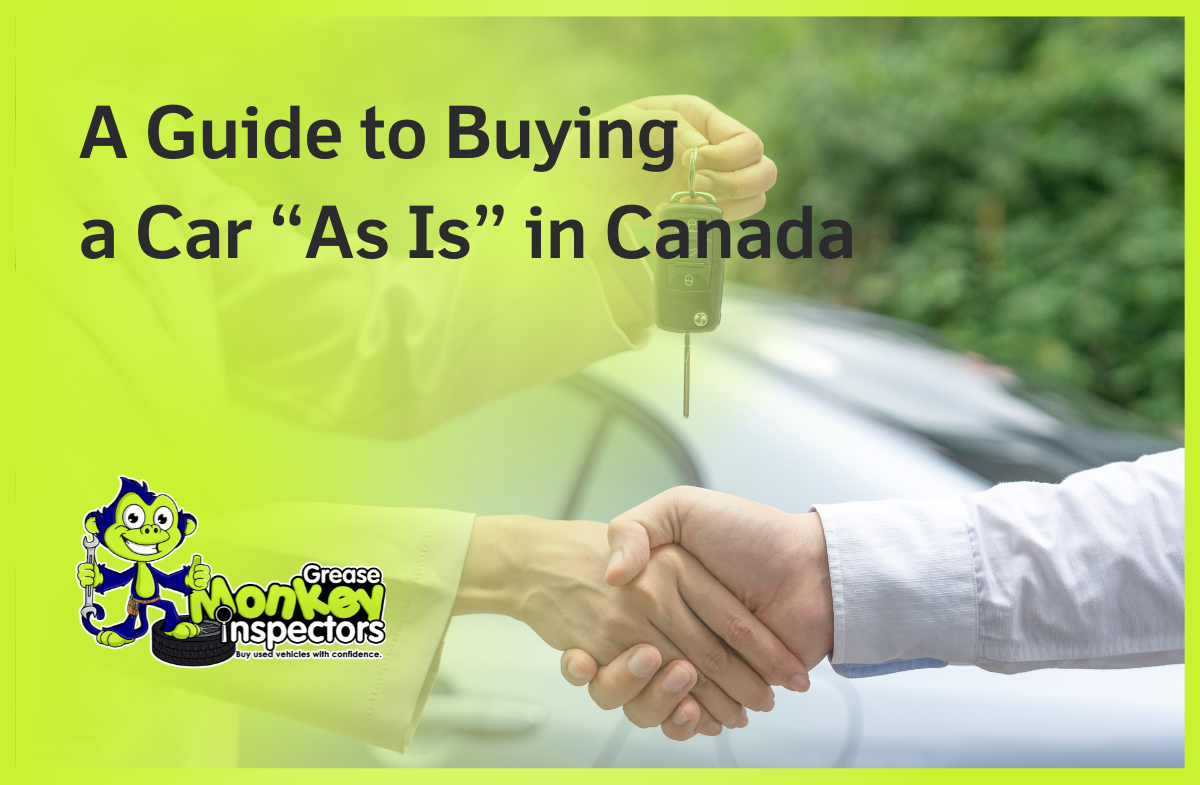Looking to buy a used car in Canada? Good, it’s a smart way to save money while still getting a great vehicle. With so many options out there, it’s all about finding one that fits your lifestyle and can handle Canadian roads. Join with us and follow our “used vehicle buying tips” to find the best used cars in Canada.
1. Honda Civic (2018–2022)
The Honda Civic is a classic for a reason. Reliable, affordable, and fuel-efficient (around 6.5L/100km combined), it’s perfect for city driving or if you’re buying your first car. No wonder it’s one of Canada’s top-selling compact cars!
2. Tesla Model 3 (2020–2023)
Eco-aware and tech-savvy? Your name is being called by the Tesla Model 3. It is the most popular EV in Canada, with a range of up to 500 km and cool features like Autopilot. What more could you ask for than something smart, sustainable, and sleek?
3. Toyota RAV4 (2019–2022)
The most popular SUV in Canada does not let us down. Built to handle almost anything, from snowy backroads to towing up to 3,500 lbs, the Toyota RAV4 is dependable and adaptable. It’s a good option for both adventurers and families.
4. Toyota Corolla Hybrid (2020–2023)
The Toyota Corolla Hybrid is an obvious choice if fuel economy is a top concern. It’s ideal for long commutes or anyone trying to reduce gas expenses because of its remarkable efficiency, achieving up to 53 MPG in the city and 46 MPG on the highway..
5. BMW 3 Series (2019–2022)
Want a little luxury in your life? The BMW 3 Series combines sporty performance with a sleek design. Plus, its xDrive AWD system makes winter driving a breeze, so you can cruise in style even on icy roads.
Best Used Cars in Canada | Make Your Next Ride Stress-Free
Good used cars can last you years if you make a smart pick. Whether you’re after a fuel-efficient sedan, a rugged SUV, or an eco-friendly hybrid, doing your homework and getting a thorough pre purchase inspection can save you time and money in the long run.
Also read: How much are Safety Inspections?
Need help? Greasemonkey Inspectors has your back with complete vehicle inspections across Canada’s major provinces. Book an inspection today and drive away with peace of mind!

